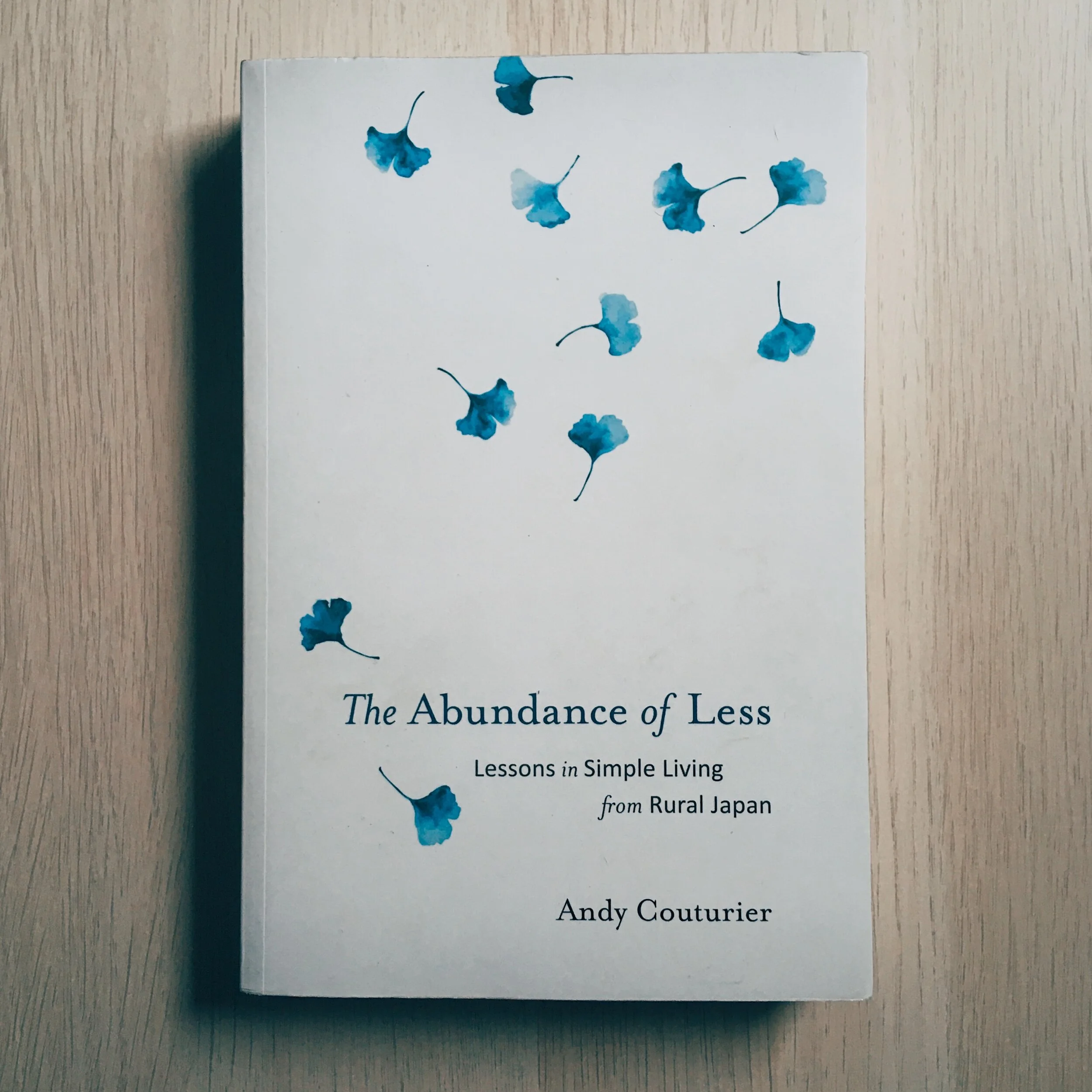Over the last two years, I’ve struggled with why I continue to spend so much time on Social Media. It’s nice to celebrate your accomplishments, share your exciting adventures, and rally around a common cause. I understand these perceived benefits are part of what makes ecosystems like Instagram and Facebook attractive. When your life is publicly visible and freely observable, people make the leap that they’re up to date. It’s become clear to me that the cost of this is higher than its payoff. As Guiol writes, “Our curiosity gets dampened by the overabundance of information.” This is my personal experience with social media and why — at least for me — I think the negatives outweigh the positives. As Fischer writes “Identify how social media limits you, because it does.”
Read MoreArticles & Process
I write about designing and living an intentional life. Here you’ll also find concise summaries of books I’ve read because I strongly believe in sharing my process and putting things into practice.
Browse by category
Articles & Essays, Architecture & Design, Book Summaries, Conferences, Films & Interviews, or View All
Presented as a collection of ten stories of life in rural Japan, this book encompasses a wealth of knowledge that Andy Couturier collected from elders and translated over the course of fifteen years. Instead of a typical interview format, each chapter is framed as a dialogue where the author places himself in the narrative as if he is being mentored. While themes are wide-ranging, they can best be summarized by five points: Gentle, Small, Humble, Slow, and Simple.
Read MoreIn the era of smartphones and pocket-sized screens, we post and comment to feel less alone and reassure ourselves that we are quantifiable. A culture of self-tracking has emerged and turned formerly solitary moments into an online commentary. While algorithmically defined notions of your own taste might feel personal, you need to be exposed to challenging new ideas and content to grow.
Read MoreThere are infinite ways to cross a landscape and the function of a path is to reduce this teeming chaos into an intelligible line. Our many forms of understanding of the world resemble nothing so much as the trail-wise problem-solving of ants: we test multiple theories against the complexity of the world, and then pursue those that work. The better routes last, the worse ones erode, and little by little those that work improve.
Read MoreAndrew Steeves argues we should demand more of the books we purchase. The quality of a book can be a difficult thing to define in quantitative terms because most books are constructed from the same materials and principles. A page layout that soars in one instance may just as easily sour in another; what separates good design from bad is that it cannot be achieved by the simple means of prescription.
Read MoreSelf-realization and freedom always entail buying something new, never conserving something old. Fixing things is very different from building things from scratch; the mechanical arts have a special significance for our time because they cultivate the virtue of attentiveness over creativity. The experience of failure tempers the concept of mastery.
Read MoreTechnological change is ecological, one significant change generates total change (new technology does not add or subtract, it changes everything). Nostalgia reminds us of what can be done without computers, but it is essential to consider what is lost when we do use them. As Postman states, “Our youth must be shown that not all worthwhile things are instantly accessible and that there are levels of sensibility unknown to them.”
Read More






